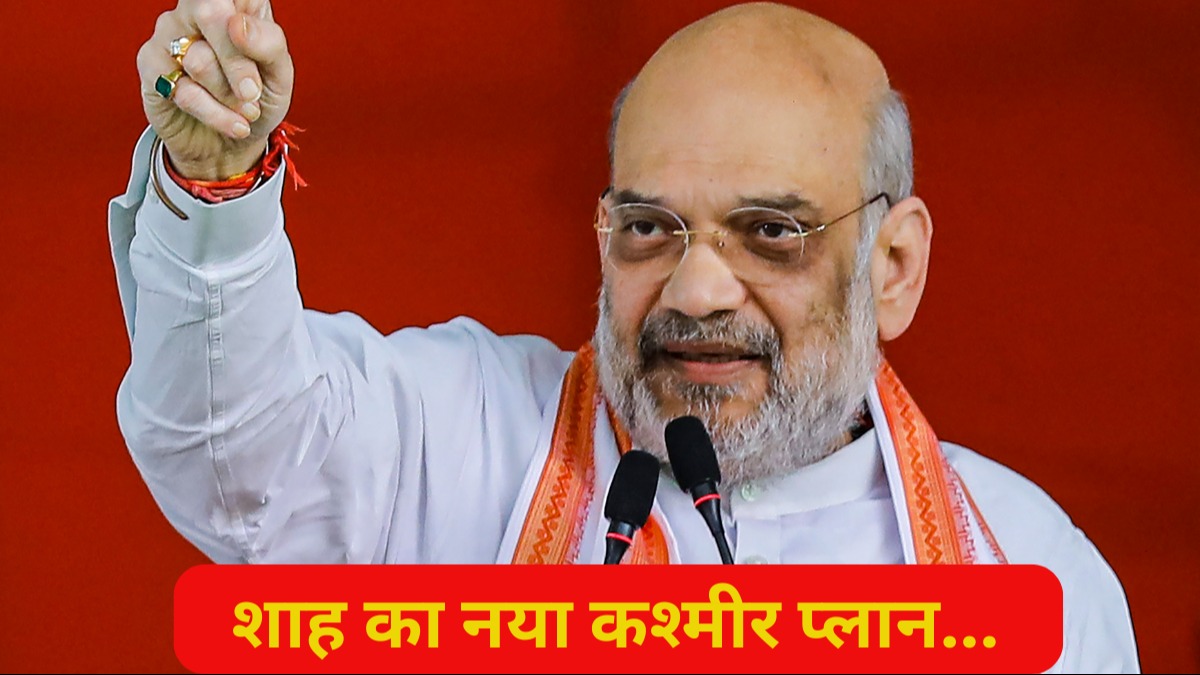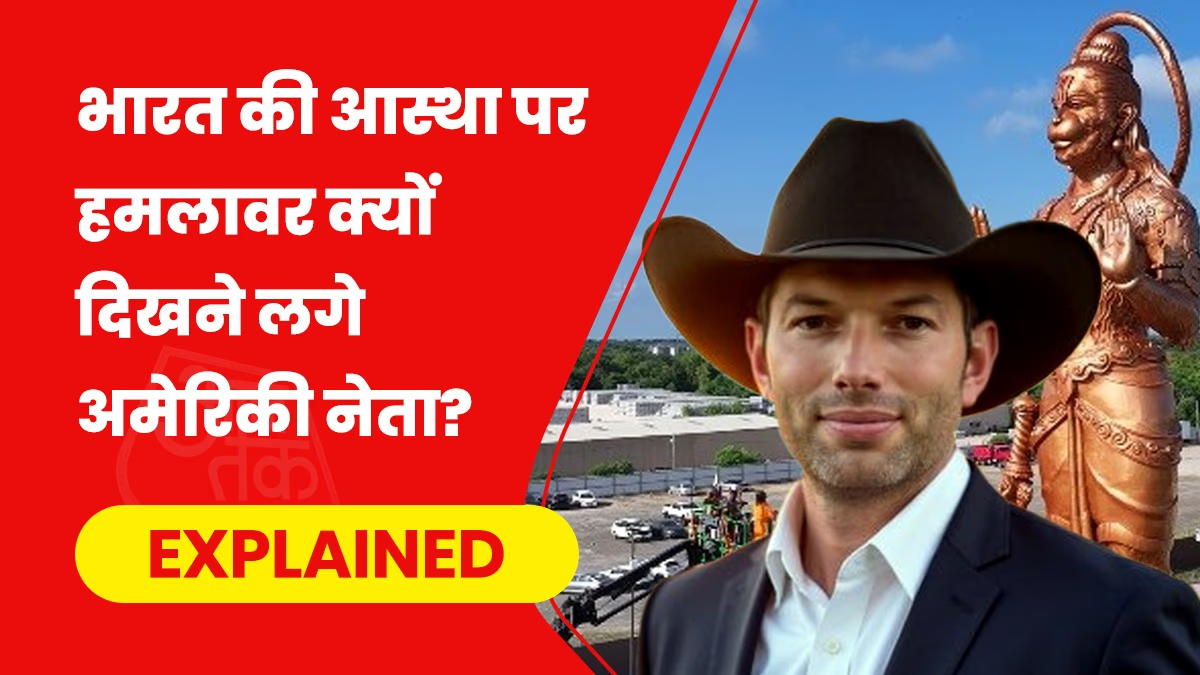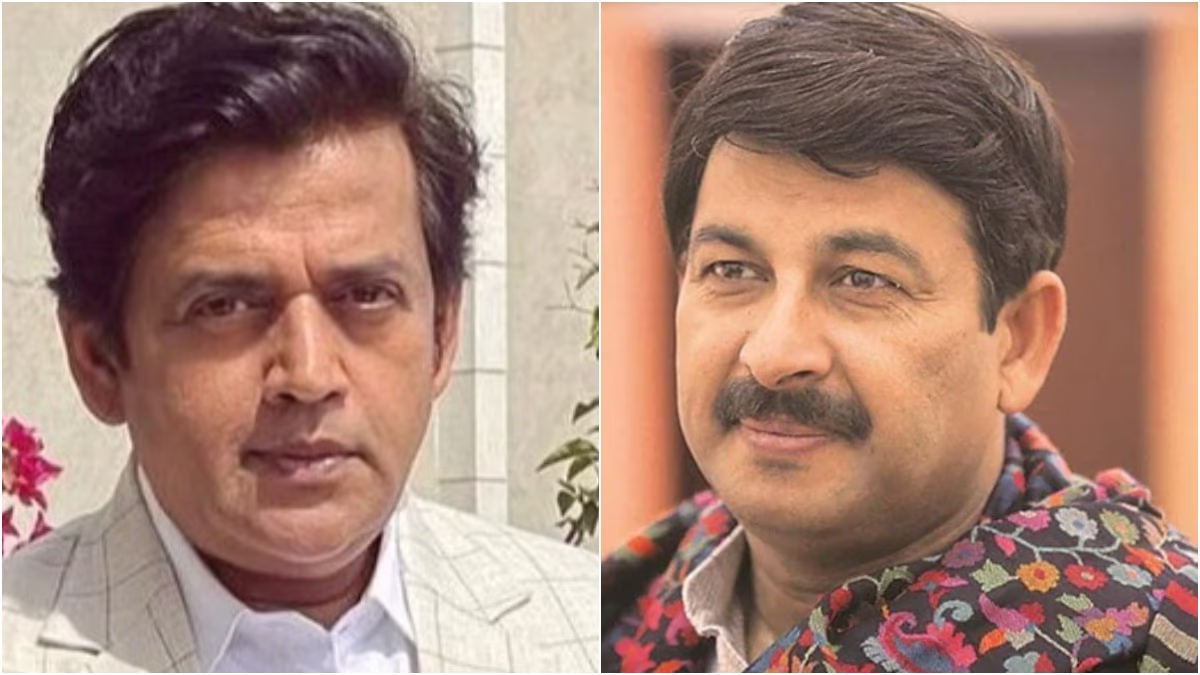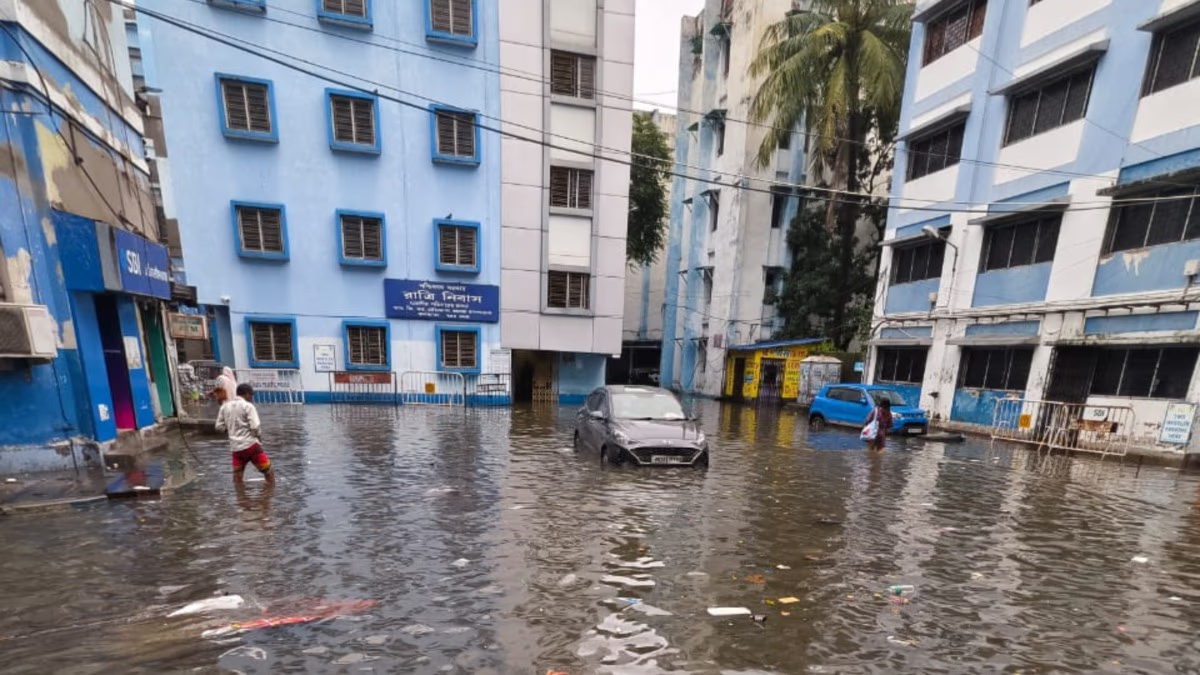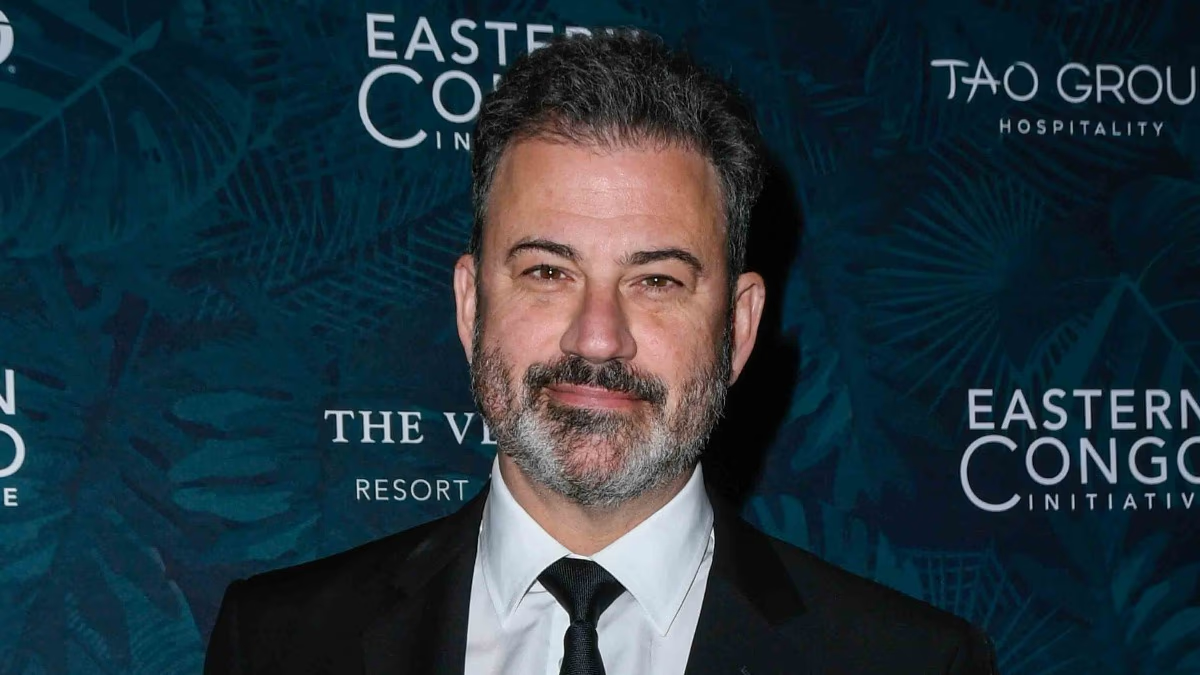India's Home Minister Amit Shah has made a significant announcement regarding Jammu & Kashmir. He stated that the central government is considering repealing the Armed Forces (Special Powers) Act, also known as AFSPA. Amit Shah also mentioned a plan to retract military forces from the Union Territory of Jammu & Kashmir and to entrust law enforcement entirely to the local police.
Shah commented on the impressively led major operations by Jammu & Kashmir police. He strongly spoke against organizations with roots in Pakistan, stating that dialogue will only be held with Kashmiri youth and not with such entities. Shah referenced Pakistan's current distress and emphasized that only PM Modi can secure Kashmir's future. He reiterated the common belief in BJP and Parliament that PoK is an integral part of India, and its residents, both Muslim and Hindu, are Indian, with Pakistan holding an illegal occupation over it.
Let's decode what the revocation of AFSPA will mean for Kashmir and the alterations in the military's power through a series of questions and answers.
1. Has there been opposition to AFSPA?
AFSPA has faced decades of resistance in Jammu & Kashmir. Political parties and civilians have long demanded the withdrawal of the extraordinary powers granted to the military in the region. Incidents of misuse, including fake encounters, have come to light, most recently the controversial deaths of four youths in custody in Rajouri heated up the atmosphere.
Discover more:
2. Why is the government considering repealing AFSPA?
Previous central administrations claimed that conditions in Jammu & Kashmir did not permit the repeal of AFSPA or the reduction of military forces. However, the situation has substantially improved since 2019. These improvements have been presented in Parliament and are evident on the ground. Home Minister Amit Shah asserts that qualitative changes have been implemented within the Jammu & Kashmir police force, which now takes the lead in all operations. Following elections, the government plans to transfer full law and order responsibilities to the local police and will soon consider reviewing AFSPA with the normalization of circumstances.
3. Has there been a reduction in terrorist movements?
The central government recognizes a decrease in terrorist activity in Jammu & Kashmir. Data suggests an 80% reduction in terrorism, with stone-pelting incidents and shutdowns virtually eliminated. Home Minister Shah highlights the stark reduction in terrorist events, civilian deaths, and the casualties among security forces compared to previous years, pointing to a significant decline in violence.
Read on: Understanding AFSPA: The Controversy and Its History
4. Has the government's plan brought relief?
The central government's strategy post-revocation of Article 370 on August 5, 2019, has brought successful and peaceful changes to Jammu & Kashmir. There's an observable shift in the valley with a burgeoning interest in education and employment among the youth. PM Modi's comprehensive plan for the region has been detailed, and post-election, it could become a prominent agenda for his government.
5. What is the government's plan for AFSPA's removal?
Assembly elections in Jammu & Kashmir are due immediately after the Lok Sabha elections, and preparations are underway for completion before September 30. Following which, AFSPA will be phased out, and the deployment of the army will be gradually reduced. The Jammu & Kashmir police, having developed significantly over the past 20 years and credited with numerous successes against terrorism, will boost its morale with this shift. This move will allow for the region to be handled by local police rather than relying on the army or additional security forces.
Explore further: AFSPA Reduction in Assam, Nagaland, and Manipur: Understanding the Law and Special Powers of the Army
6. What is AFSPA?
AFSPA is enforced in areas deemed 'disturbed'. This act empowers security forces to arrest individuals without warrants and use force in certain circumstances. Implemented in Jammu & Kashmir in 1990 amidst rising terrorism, it is the central government that designates these disturbed areas. AFSPA's repeal would remove these special powers granted to the military in the region.
7. What special powers does the military have under AFSPA?
The act allows security forces to detain suspects without warrants, utilize force after warning, even to the point of firing upon individuals. They are also entitled to search any premises and, if necessary, use force. If a building is suspected of harboring insurgents, it can be demolished. Vehicles can be stopped and searched as well. Importantly, no legal action can be initiated against security personnel without the central government's consent. The repeal of AFSPA in Jammu & Kashmir would terminate these special military powers.
Read more: Patriot Declaration from Families of Kashmiri Separatists
8. What is the government's stance on PoK?
Home Minister Amit Shah has made statements in Parliament and various forums affirming PoK as an integral part of India. Its retrieval is a matter of time and follows a long process. Shah's position has been consistent, even when Article 370 was abrogated. Reducing the military count will send a message both nationally and internationally regarding India's stand on PoK.
Shah's Statement:
During an interview with a Kashmiri news channel, Home Minister Amit Shah revealed that a plan for the withdrawal of military troops from the valley is ready. He urged the valley's youth to engage in the development process, to enjoy the paradise that is Jammu & Kashmir with laptops, not stones. Shah criticized previous administrations for fake encounters and insisted that such incidents have been non-existent in the last five years, taking action against those responsible. The dialogue with Kashmiri youths is imminent, but not with organizations rooted in Pakistani support. According to Shah, Pakistan currently faces severe hardships and its citizens also regard Kashmir as a paradise. He assured that PM Modi is the one who can salvage Kashmir. The government is also uplifting the morale of security forces by providing jobs for the kin of martyrs, ensuring no family is left behind.
Also read: PM Modi's Response to Lalu's Remarks in Srinagar: Addressing Nepotism and Corruption in Jammu & Kashmir
Prior to this, Shah mentioned that AFSPA has been removed from 70% of areas in the northeastern states. There have been widespread calls for the repeal of AFSPA in Jammu & Kashmir and the northeast. Shah confirmed that assembly elections in Jammu & Kashmir will be conducted before September, fulfilling PM Modi's promise of establishing democracy there. However, he emphasized that this democracy will extend beyond a few families to the people themselves. The Supreme Court has ordered assembly elections in Jammu & Kashmir to be held before September.
